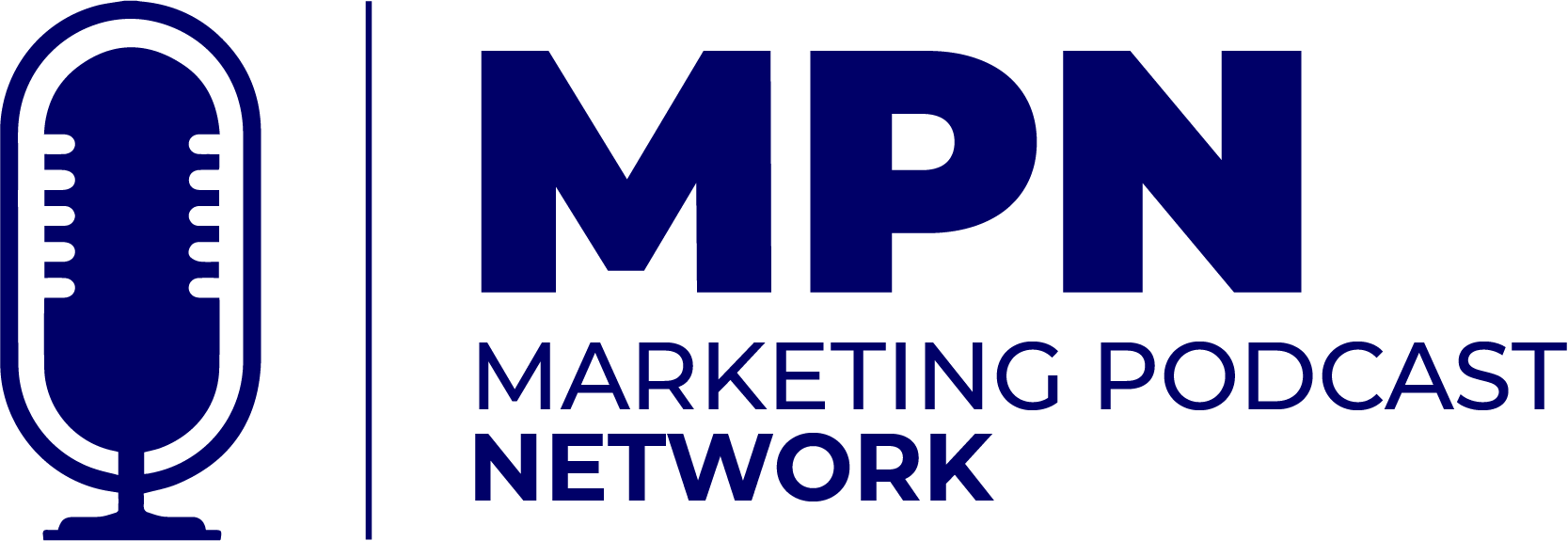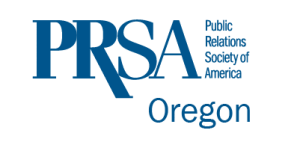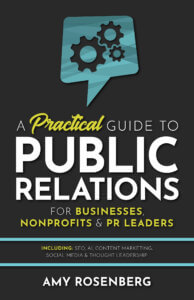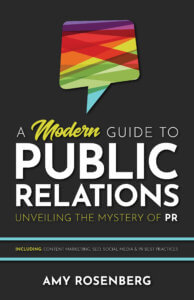How to Build an Internal Communications Process
In a perfect world, the PR department would work directly with company leadership and human resources (HR) to create and execute an internal communications process. PR functions could include: developing topics and initiatives, collecting the needed information to create content around these topics and initiatives, and finally, uncovering the best way to message and distribute that content internally.
Distribution can take many forms, like internal newsletters or online resource hubs. Some companies release quarterly press releases announcing notable events over the previous three months. This approach serves dual purposes — it keeps employees informed of what’s happening and serves a record-keeping function by cataloging all the wins that might otherwise be hard to track.
Other companies hold events to announce big wins. Some create company podcasts, and a few have developed open employee lines that go directly to the CEO. Whatever approach you take should be systemized to ensure employees get the messaging before it leaves the company walls.
Bring Employees into the Process
Of course, it’s always possible to do too much. If you’re worried you’re bugging or overwhelming your employees, rethink your approach by bringing employees into the process.
Some companies have created employee communications committees to develop thoughtful internal communications policies and procedures. Occasional anonymous employee surveys can also provide clues about how they want to receive information.
Including employees in the internal communications process also reinforces the message that being open and transparent is a priority for your company.
Internal Comms is Inclusivity in Action
By redefining the public in public relations, you’re taking the radical step of prioritizing your most important audience: your employees. A structured internal communications practice puts first things first by keeping your team updated about what’s happening with the company. But it’s also an act of inclusivity that brings people together and fosters a sense of egalitarianism. When messaging is shared openly, fewer people are in the privileged position of having information that others do not. With this practice in place, you’ll find your team becomes happier, more aligned, and better positioned to help your customers.


![Navigating Email Etiquette in the Digital Age with Grace Aldridge Foster [Podcast]](https://www.veracityagency.com/wp-content/uploads/Grace-A-Foster-800x600-1.jpg)



![Internal Communications with Chuck Gose [Podcast]](https://www.veracityagency.com/wp-content/uploads/PR-Talk-Ep-57-Chuck-Gose-Veracity.png)










